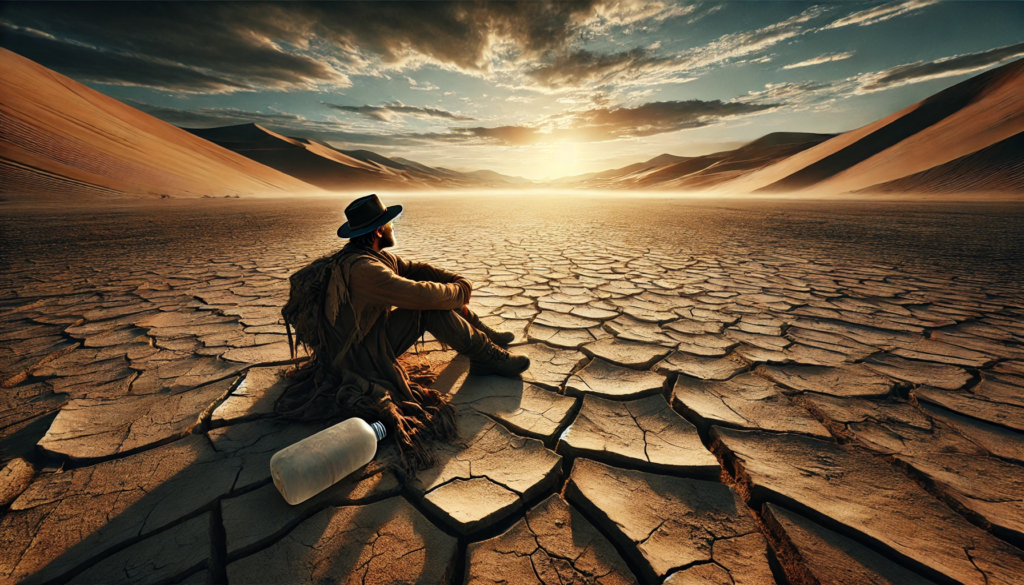Have you ever wondered how long you can go without eating? Whether you’re curious about survival scenarios or just want to understand your body better, this guide will explain everything you need to know. Let’s dive into the science behind hunger, the effects of not eating, and how your body adapts to survive.
How Long Can You Survive Without Food?
The human body is incredibly resilient. On average, a person can survive without food for about 1 to 2 months, depending on factors like hydration, body fat, and overall health. However, this doesn’t mean it’s safe or healthy to go without eating for extended periods.
Your body relies on food for energy, and when you stop eating, it starts using stored resources. First, it burns glucose, then fat, and finally muscle tissue. This process can lead to severe health issues if prolonged.
What Happens to Your Body When You Stop Eating?
When you stop eating, your body goes through several stages:
- First 6 Hours: Your body uses glucose from your last meal for energy.
- 6-72 Hours: It starts breaking down glycogen (stored glucose) in your liver and muscles.
- After 3 Days: Your body enters ketosis, burning fat for energy.
- After 1-2 Weeks: Muscle breakdown begins, leading to weakness and fatigue.
- Beyond 3 Weeks: Severe malnutrition sets in, affecting your organs and immune system.
How to Remove Dark Spots From Face
The Role of Hydration in Survival
While you can survive weeks without food, water is essential. Without water, most people can only survive 3-4 days. Dehydration can lead to organ failure and death much faster than starvation. Always prioritize staying hydrated, especially in survival situations.

Factors That Affect How Long You Can Go Without Eating
Several factors influence how long you can survive without food:
- Body Fat: People with more body fat can survive longer because fat stores provide energy.
- Hydration: Drinking water is crucial for survival.
- Health Conditions: Chronic illnesses can reduce survival time.
- Activity Level: Physical activity increases energy expenditure, shortening survival time.
Tips for Surviving Without Food
If you ever find yourself in a situation where food is scarce, here are some tips:
- Stay Hydrated: Drink water regularly to avoid dehydration.
- Conserve Energy: Limit physical activity to preserve energy.
- Rest: Sleep helps your body conserve resources.
- Seek Help: If possible, find assistance or resources to avoid prolonged starvation.
The Importance of Listening to Your Body
Your body sends clear signals when it needs food, such as hunger pangs, fatigue, and dizziness. Ignoring these signs can lead to serious health problems. Always prioritize your well-being and seek medical advice if you’re considering fasting or have concerns about your diet.
External Resources
For more information on survival and health, check out these resources:
- World Health Organization (WHO) on Nutrition
- Centers for Disease Control and Prevention (CDC) on Hydration